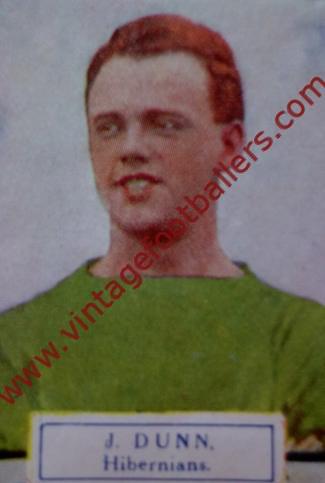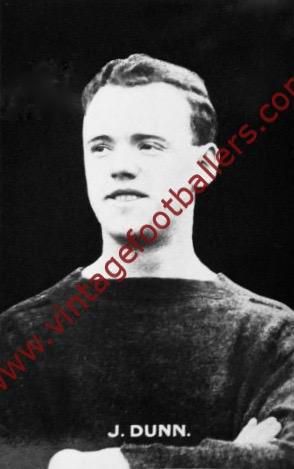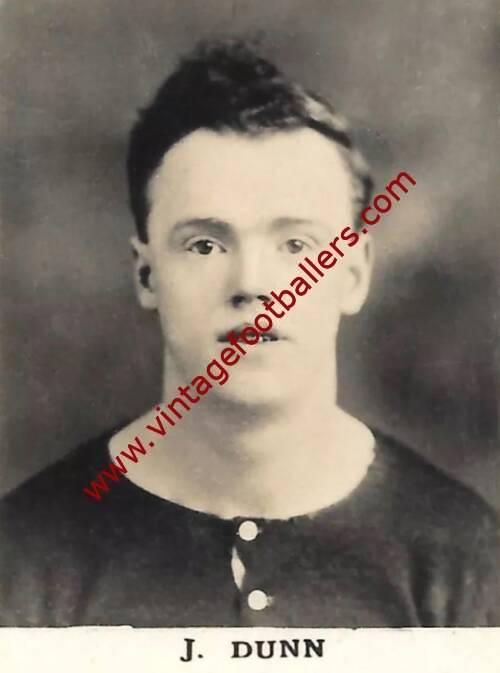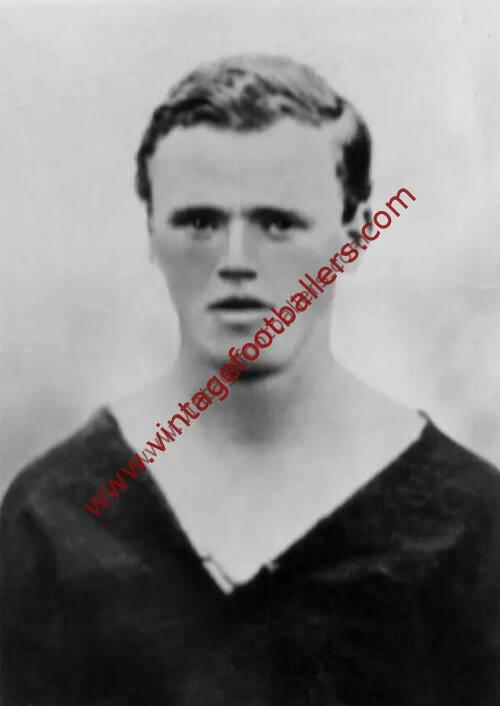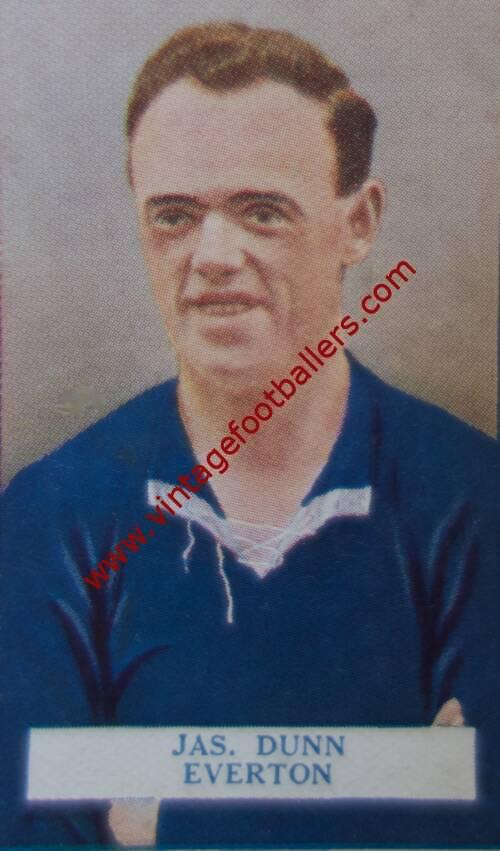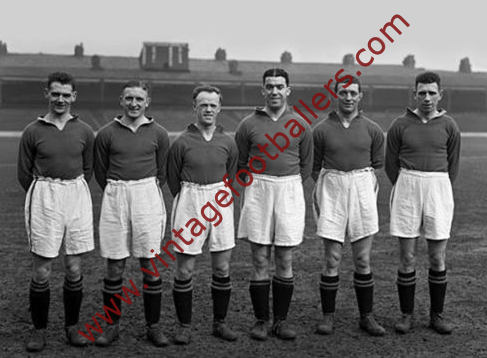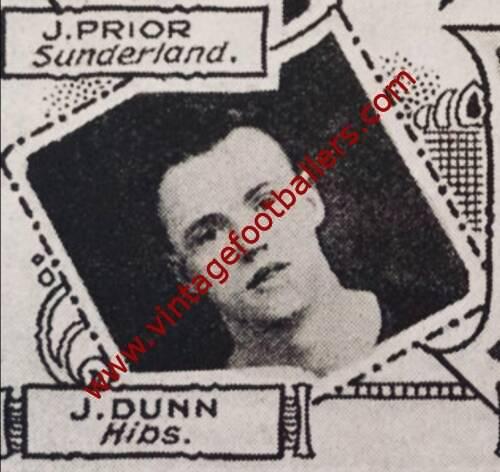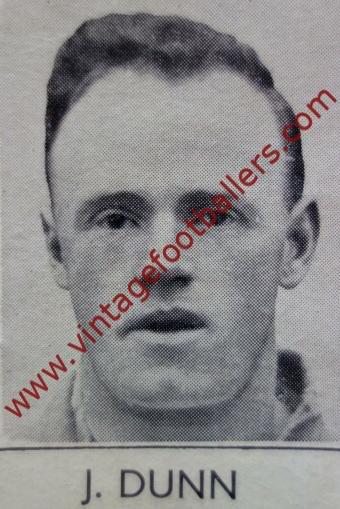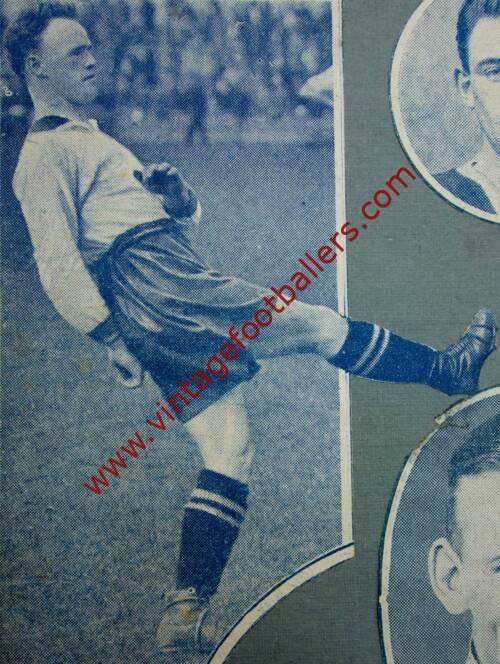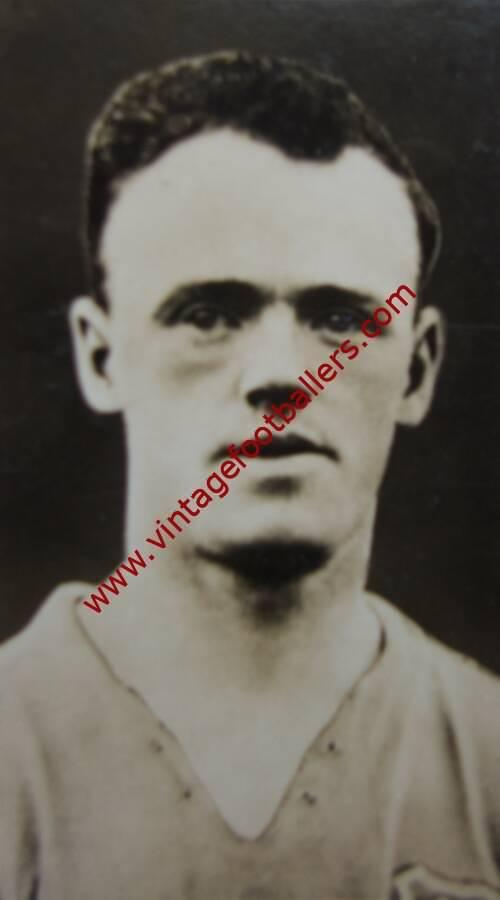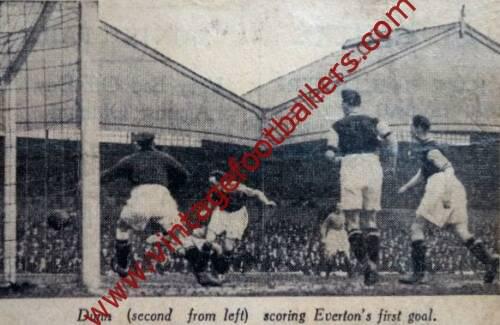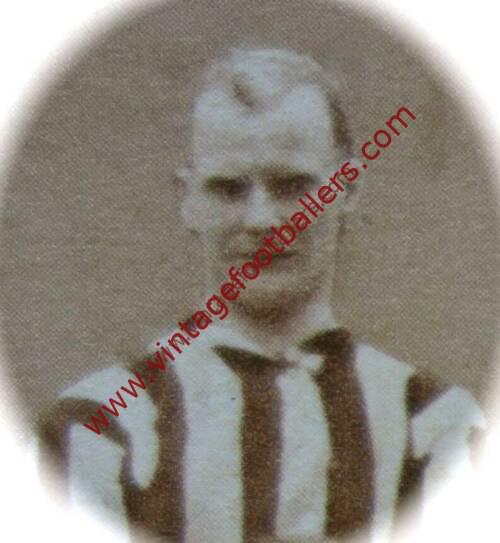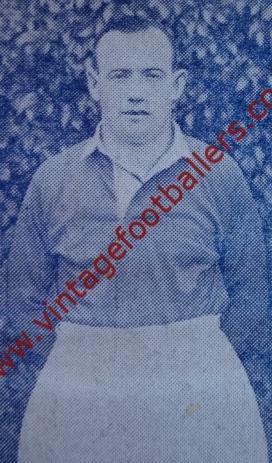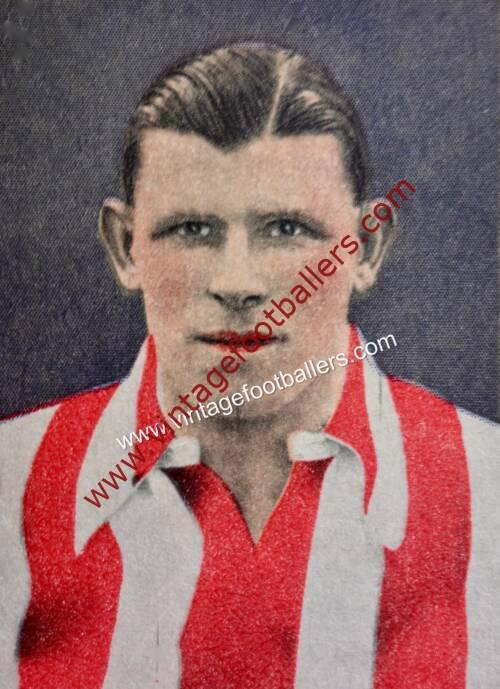Please choose your photo size from the drop down menu below.
If you wish your photo to be framed please select Yes.
Note: 16″x 20″not available in a frame.
Images can also be added to accessories. To order please follow these links
£8.95 – £49.95
Please choose your photo size from the drop down menu below.
If you wish your photo to be framed please select Yes.
Note: 16″x 20″not available in a frame.
Images can also be added to accessories. To order please follow these links
Glasgow born inside right Jimmy Dunn, nicknamed “Ginger” due to the colour of his hair, played junior football for Govan St Anthony’s in 1919, and played a junior international for Scotland against Ireland in February 1920. He started his senior career with Hibernian later in 1920, making his Scottish League debut against Airdrieonians that September. In his eight years at Easter Road he scored 103 goals in 304 League and Cup appearances, he also played for them in successive Scottish Cup Finals in 1923 and 1924, although they lost on both occasions. In October 1922 he played for The Scottish League against The Irish League in a 3-0 win at Parkhead.
He won the first of his six Scottish International caps in a 3-1 defeat of Wales at Tynecastle in February 1925, scoring in a 3-0 win over Ireland at Windsor Park later the same month, but it is his second to last cap, the so called “Wembley Wizards” match of March 1928, when Scotland, with a forward line including Dunn where every player was 5 foot 7 or less, beat England 5-1 at Wembley, inflicting a record Scottish win over England, for which he is best remembered. He also scored on his final Scotland appearance in a 4-2 win over Wales at Ibrox Park in October 1928.
Soon after Wembley, he joined League Champions Everton in April 1928, upon his arrival on Merseyside The Liverpool Post and Mercury drew an accurate pen picture of the inside right: ‘Dunn is a proverbial bag of tricks. One of the most dangerous and skilful forwards in the game, and a ready goal scorer into the bargain. Although small, he displays great feats in reaching a high ball. He will not be eligible to play in Everton’s remaining league games, but he may assist the reserves team, before the end of the season.’
He made his Football League debut at Bolton Wanderers that August, and although they were relegated in 1930, a season in which Dunn made only 13 appearances, he enjoyed six more good seasons at Goodison Park, winning the Second Division Championship in 1931, in a campaign in which he scored 17 goals. The same season Dunn played in Everton’s 1931 FA Cup semi final team that lost narrowly to eventual winners West Bromwich Albion at Old Trafford.
Dunn scored 10 goals the following season as the Toffees won the 1931-32 League Championship, including a hat-trick in a 3-2 win over Birmingham at Goodison Park in August 1931, and Dunn then scored Everton’s third goal in their 3-0 1933 FA Cup Final victory over Manchester City at Wembley, his fourth goal in their Cup run which included the winner in their semi final victory over West Ham United at Molineux. He was part of Everton’s Charity Shield team that lost to League Champions Arsenal in October 1933.
However by 1934-35 he was only an occasional inclusion and in the summer of 1935 he joined Exeter City after 49 goals for The Toffees in 155 games, spending the 1935-36 season in Devon scoring 4 times in 23 games for The Grecians. Dunn then played for non league Runcorn before retiring.
His son Jimmy Jr played for Wolves and Derby County and won the FA Cup with Wolves in 1949. They were only the third father and son combination to achieve this feat. Dunn’s great-great-nephew is footballer Alex Harris, who has played in recent years for Hibernian, Dundee, Queen of the South, Falkirk, York City and Edinburgh City.
NB This photograph shows the 3rd and final goal. scored by Jimmy Dunn, in the 1933 FA Cup Final, heading home from Albert Geldard’s corner.
| Weight | N/A |
|---|
